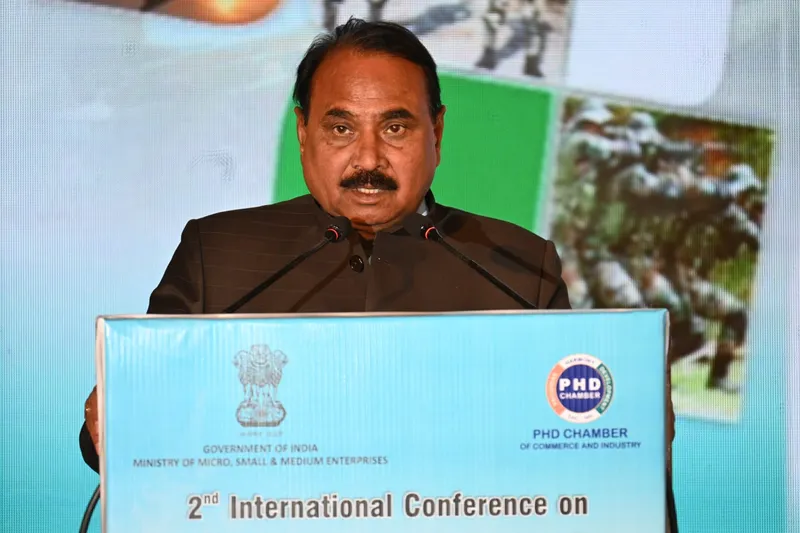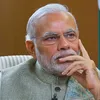With 12,000 MSMEs in the ecosystem, how India’s defence sector can become self-reliant
At the second edition of the International Conference on Defence and Security, several stakeholders of the MSME and defence ecosystems came together to discuss how small businesses can play a larger role in the defence sector.
Small businesses or micro, small and medium enterprises (MSMEs) have a big role to play in the defence sector, top officials highlighted at an event organised by the PHD Chamber of Commerce and Industry on March 30-31, 2022.
In the second edition of the International Conference on Defence and Security, several stakeholders of the MSME and defence ecosystems came together to discuss how small businesses contribute to the defence sector.
Pradeep Multani, President of PHDCCI, highlighted that the “work of small companies often gets hidden behind the big ones.”
Bhanu Pratap Singh Verma, Minister of State for MSMEs, said the government has been putting special focus to bring MSMEs into the defence supply chain, helping the country become self-reliant.
In December last year, Defence Minister Rajnath Singh announced that around 12,000 MSMEs joined the defence industry and the exports from the country crossed the Rs 38,000-crore mark in the last seven years. He had said that the MSMEs will play a greater role in meeting domestic and international requirements.
Removing roadblocks
India is heading towards a future where it may not have to import anything, said Sanjay Jaju, Additional Secretary, Defence Production. The government official further added that India may cross the highest export turnover in defence products this year.
Speaking at the conference, Jaju said that India needs to believe in its ability to produce world-class defence goods. “The faith is not there in our systems,” he quipped.
He further added that India is undergoing a “liberalisation of defence production” wherein more private sectors will also be brought into the ecosystem. “I have friends from global OEMs (original equipment manufacturers) like Lockheed Martin sitting right here. It is not a commentary on foreign OEMs because we are ownership agnostic now,” he said
Jaju gave the example of COVID-19 vaccines which were made in India to emphasise India’s role and potential to produce and export goods.
The bureaucrat also highlighted a major challenge within the defence ecosystem that stops India from becoming self-reliant in the defence sector – the time is takes for approvals. “Sometimes the time taken to design and develop is less than the time take to get approvals done,” he added.
He said that to overcome this and other challenges, the government took several steps such as putting on hold or removing some of the surveillance points that act as roadblocks for commercialising defence products. “We will remove roadblocks but it also depends on the industry stakeholders,” he said.

Bhanu Pratap Singh Verma Official Twitter
Becoming self-reliant
Mayank Dwivedi, Directorate of Industry Interface and Technology Management, DRDO (Defence Research and Development Organisation), said that local businesses and startups can design complete systems for the military research and development agency.
He said it would help in creating strong and local supply chains, and enhance the overall ecosystem. He further highlighted that the “return on investment may not be immediate” but the practice of manufacturing locally will be rewarding in the long run.
Hari Mohan, former Chairman and Director General, Ordnance Factory Board, Ministry of Defence said that making in India brings the production costs down.
He suggested that MSMEs need to focus on making products that are quality-driven since defence products are “highly optimally designed” and they should meet all certification and standard requirements.
William Blaire, Vice President, and Chief Executive of Lockheed Martin India Pvt Ltd said that MSMEs are at the “heart of aerospace and defence production.” The challenge for larger companies is to integrate small businesses into global supply chains.
MK Gupta, Chairman of PHDCCI Defence and HLS Committee, added that apart from encouraging innovation within the sector, collaboration (in the form of joint ventures, signing MoUs) between global original equipment manufacturers and Indian MSMEs should be the focus.
Edited by Kanishk Singh









